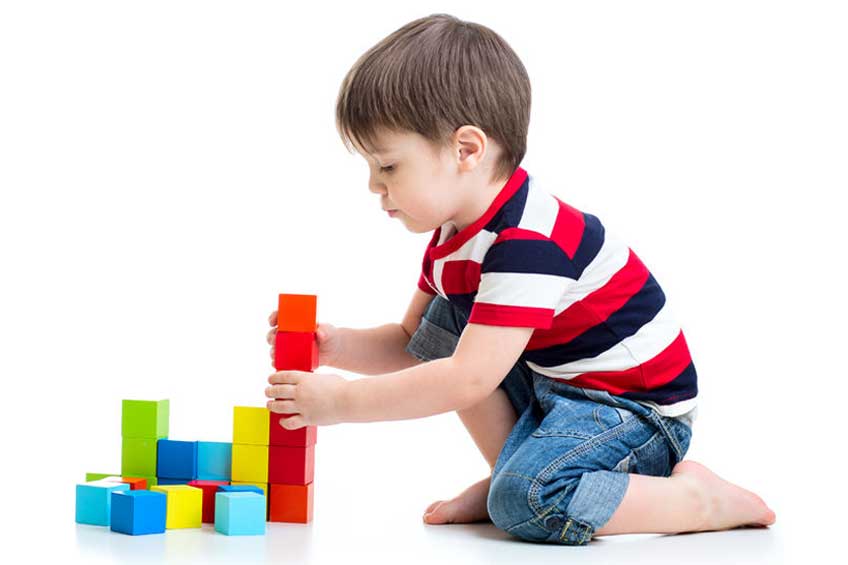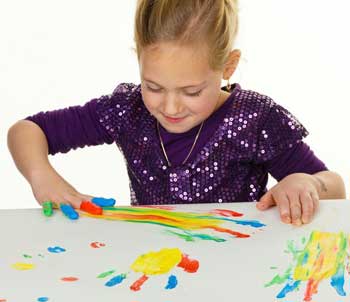
IS SOMETHING TROUBLING MY CHILD?
Parents and carers often worry when a child has a problem that causes them to be sad, disruptive, rebellious, unable to cope or inattentive. You may be concerned about a child’s development, eating or sleeping patterns or how they are getting along with family, friends and at school.
Anxiety in children is very common and often manifests as excessive worrying, usually about school performance, dying, health and social contacts, disasters, family issues and many others. Many anxiety disorders persist and if left untreated, increase the likelihood of problems persisting in adolescence or adulthood.
Each child is unique and special but sometimes they experience problems with feelings or behaviours that cause disruption to their lives and the lives of those around them.
Some parents and carers delay seeking help because they worry that they will be blamed for their children’s feelings/behaviour. Feeling responsible for a child’s distress or problems is a normal part of caring. The fact that you have a commitment to start addressing the difficulty is a significant part of helping your child and reflects how much you care. Bear in mind also that all information shared is strictly confidential except in certain limited circumstances, of which you will be made aware.
WHAT IS PLAY THERAPY AND HOW CAN IT HELP?
 Unlike adults whose natural medium of communication is through words, the natural communication medium for children is through play and activity. Children must be understood in terms of their unique development and attachment (bonding process). A Play Therapist will listen to your concerns about your child, reflect perhaps, on any stresses the family may have been through and assess your child’s strengths and difficulties, so that the child may be helped to make sense out of what is troubling them.
Unlike adults whose natural medium of communication is through words, the natural communication medium for children is through play and activity. Children must be understood in terms of their unique development and attachment (bonding process). A Play Therapist will listen to your concerns about your child, reflect perhaps, on any stresses the family may have been through and assess your child’s strengths and difficulties, so that the child may be helped to make sense out of what is troubling them.
The Play Therapist seeks to develop a good therapeutic relationship with your child so they may feel comfortable, safe and understood, making it easier for him/her to express his/her thoughts and feelings. The Play Therapist will have a large selection of play materials such as art and craft materials, dressing up props, sand, clay, small figures and animals, musical instruments, puppets and books. These will be used to enable your child express him or herself without having to provide verbal explanations. This helps children understand muddled feelings and upsetting events which they may not have had a chance to sort out properly, without feeling interrogated or threatened. They may also learn to understand more about their feelings thoughts and behaviour, re-enact difficult or traumatic life experiences or indeed, learn to manage relationships and conflicts in a more appropriate way.
WHAT CAN I DO TO HELP?
The Play Therapist understands that working with your child involves collaboration with you as parents/carers. It is crucial that your child understands that you are supporting the process. Encouraging attendance whilst not putting pressure on them to comment on what happens in therapy might be useful as children must be allowed to express themselves at their own pace. Also, therapy is not about being ‘good’ or ‘bad’, your child must be free to express ‘bad’ feelings in an uncensored way. The Play Therapist is trained to maintain boundaries and safety for your child. The Play Therapist will also meet with parents/carers at regular intervals to review progress or concerns.
